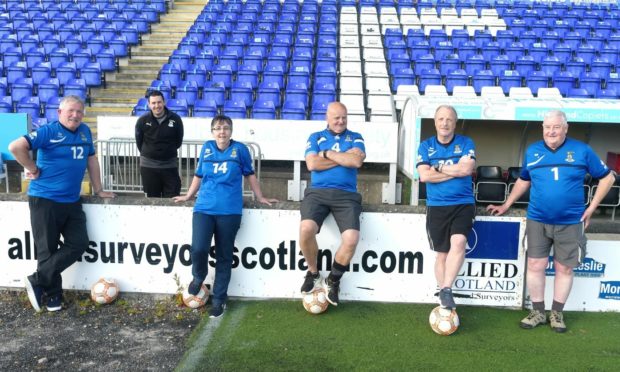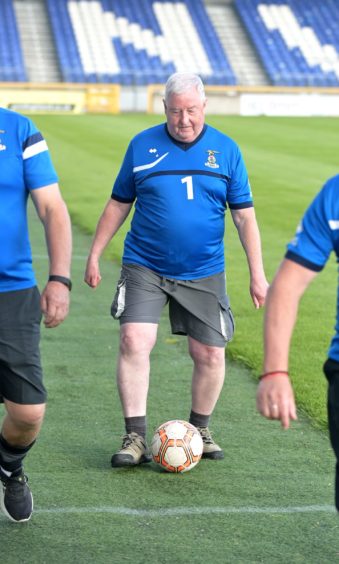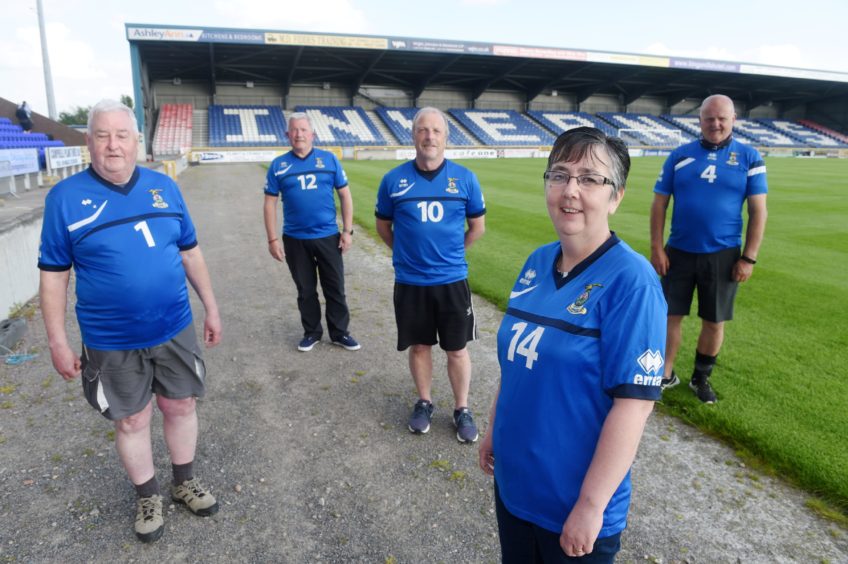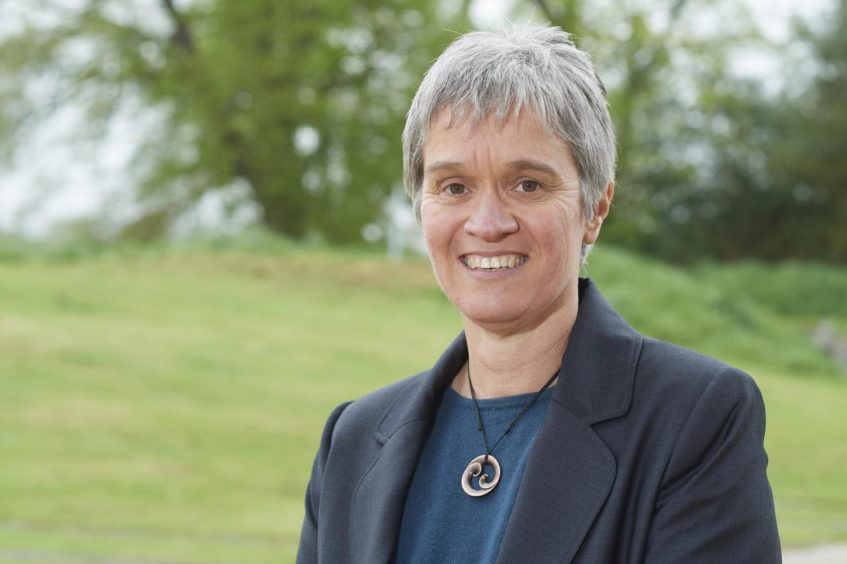Bob Grant was only in his thirties when he had his first heart attack in 1988.
“I was thirty-four. It was one of the biggest shocks of my life. I took sick at work and it just came out of nowhere.”
It turned out Mr Grant had a congenital heart disorder. But he didn’t know anything about it until that frightening day at work. In the years since, he’s had multiple heart surgeries and stents.
But although medical technology has advanced over the years, he is still finding that the basics – healthy diet, portion control and exercise – remain effective weapons against heart disease.
Mr Grant is one of about 30 cardiac patients who are taking part in Inverness Caledonian Thistle Community Trust’s fitness program. The program has been a popular option for locals looking to lose weight over a decade.
But this year, there is a special focus on heart health. Researchers from the University of the Highlands and Islands (UHI) will evaluate the results at the end of the 13-week program to find out whether fans in training can be an effective tool for cardiac rehab.
Moderation is key for a healthy heart
Mr Grant and his fellow participants are only four weeks into the football fans in training program, but already they are learning important ways to improve their lifestyle.
Mike MacCulloch said that some of his biggest revelations have come from the lessons on diet.
“There’s loads of stuff from the food side that I’ve learned, especially portion control. I knew all about good foods obviously. But it’s been good to learn about how portion control can make a difference.”
It’s not always about eliminating snacks or other foods from your diet completely, he said, but approaching everything in moderation.
Not just about what to eat, but when
Another patient, Audrey MacKay, said that her biggest lesson so far has been to try to manage what time of day she has her meals. She works on the stroke ward at Raigmore Hospital, and she often keeps uneven hours.
“With the shifts that I do at work, I’ll finish up at quarter-to-eight and get home and half-eight and try to have a meal when I get in. I was also skipping breakfast and just picking as I go, people bringing me treats at work.
“But that’s a no-no.”
Heart health is for everyone, at every level and every age
Sometimes heart problems are the result of an unhealthy lifestyle. But there are also individuals who are born with heart diseases that aren’t always obvious.
Taking care of your heart health isn’t something you can put off until later in life, said Bob Hunter-Dorans.
“Age has nothing to do with it sometimes. When I found out I had a heart condition, I was the youngest guy in the ward. Others were in their 70s and 80s and I was only 61.”
Gerry Murren wants others to learn a similar lesson about not taking their health for granted.
“Eat healthy, stay fit. Just keep going, because you don’t know when it might happen to you. I got complacent years ago.
“Don’t get complacent. Even a little bit of activity can make a big difference.”
What are the goals for this year’s football fans in training program?
This year’s iteration of football fans in training at Caley Thistle stadium is the product of a partnership between the club, UHI and NHS Highland.
Fans have been taking part in the program since 2010.
But this year’s focus on cardiac patients is part of an effort to get more patients to take part in the rehabilitation schemes that are critical to recovery.
Professor Trish Gorley said that it has long been an uphill battle to get patients to take full advantage of rehab opportunities.
Uptakes for cardiac rehab are consistently around 50% UK-wide, she said.
“And of those, only about one-third of those who do take it up actually complete it.”
That’s what she and other partners hope this program will change.
“The history of football fans in training is that when people attend and they follow the suggestions they’ve been given, they get good results. It might be a way that we can pick up some of the people who wouldn’t go to the more traditional rehab approaches.”
After hearing some of the reactions from participants early on, she thinks they’re on the right track. And she said that the lessons learned are applicable to all of us.
“Taking those first steps, whether in physical activity or in diet, or smoking or alcohol reduction. Look at what you can change and then find the support to make those changes.”



